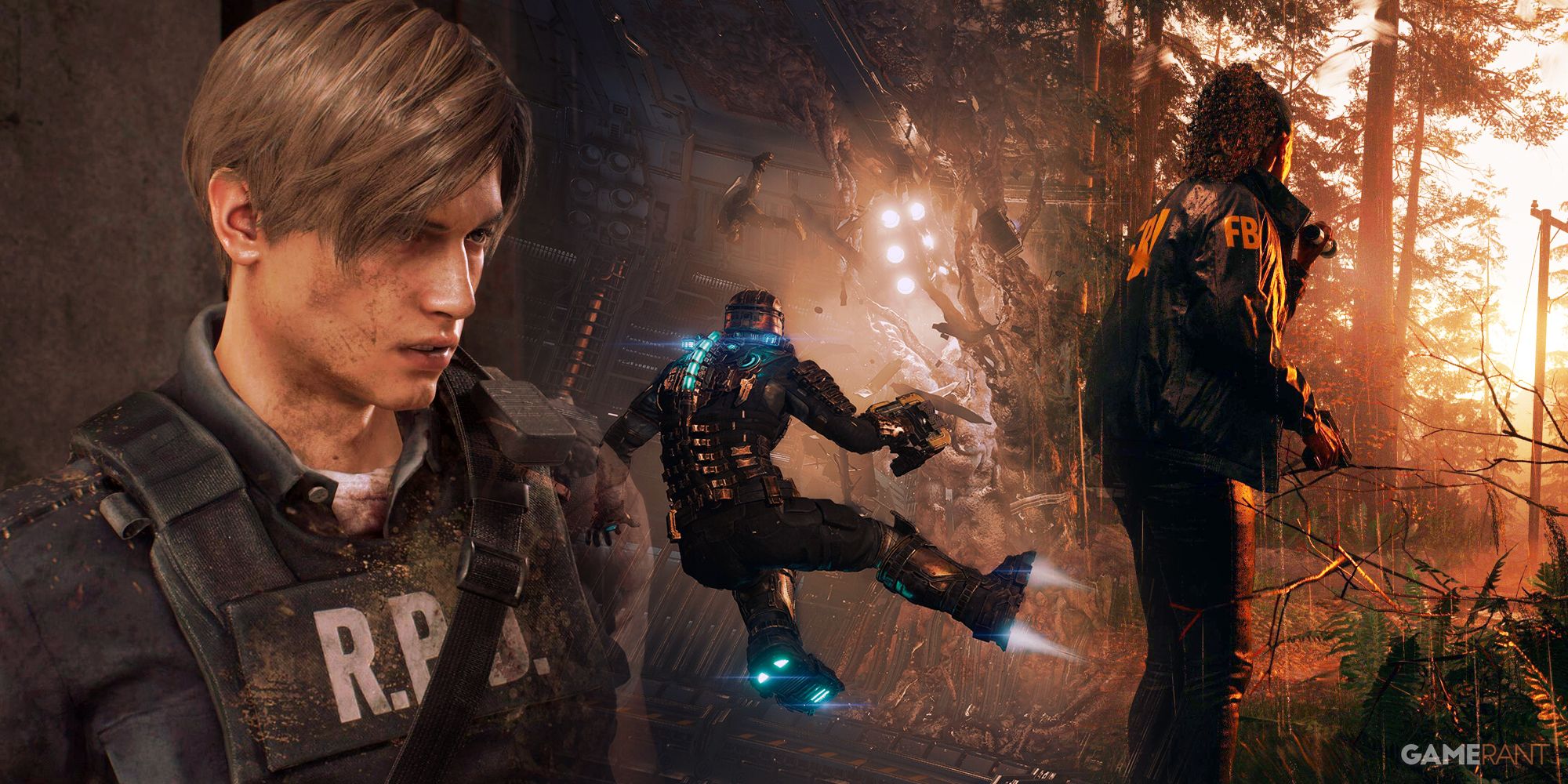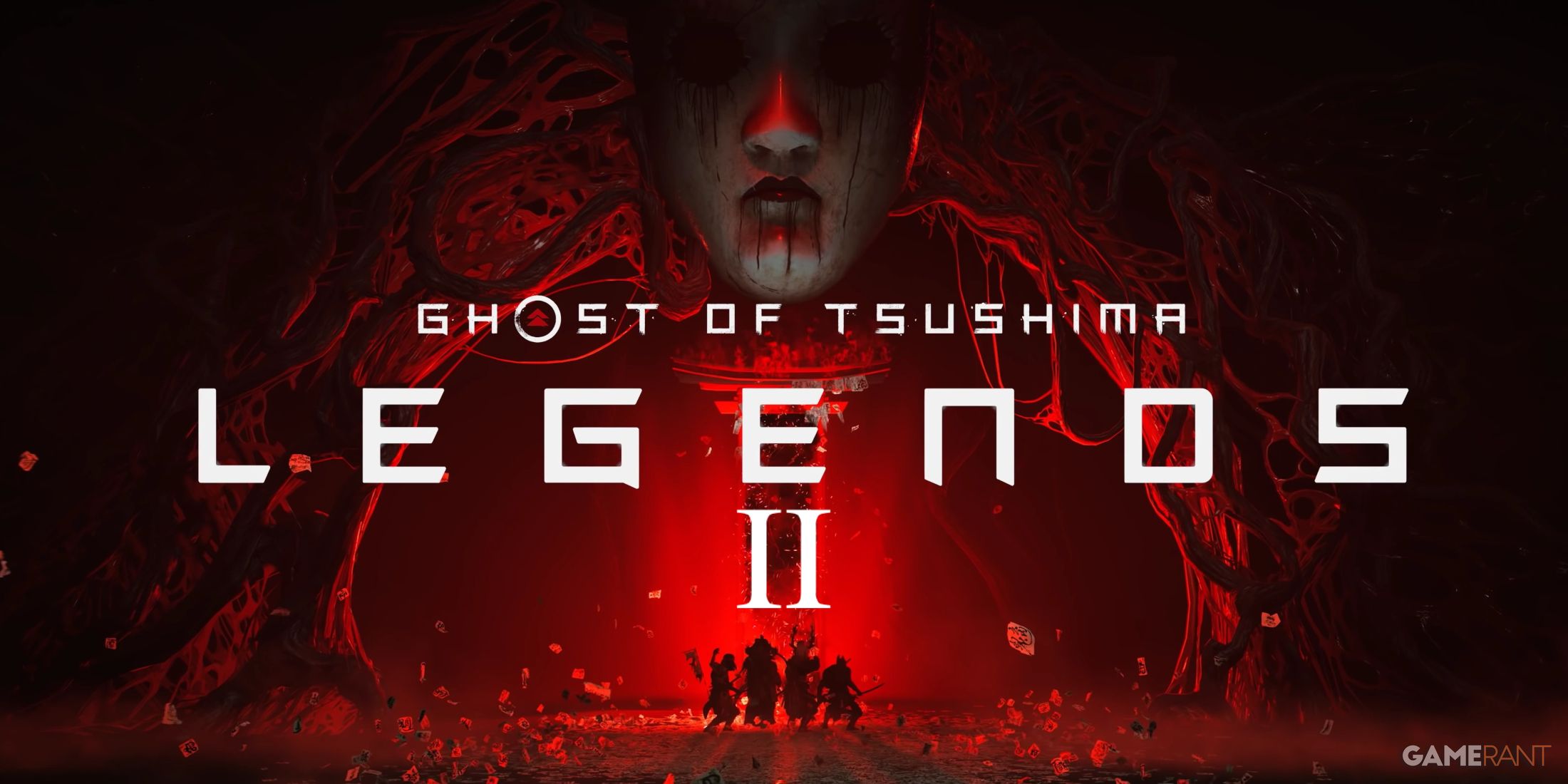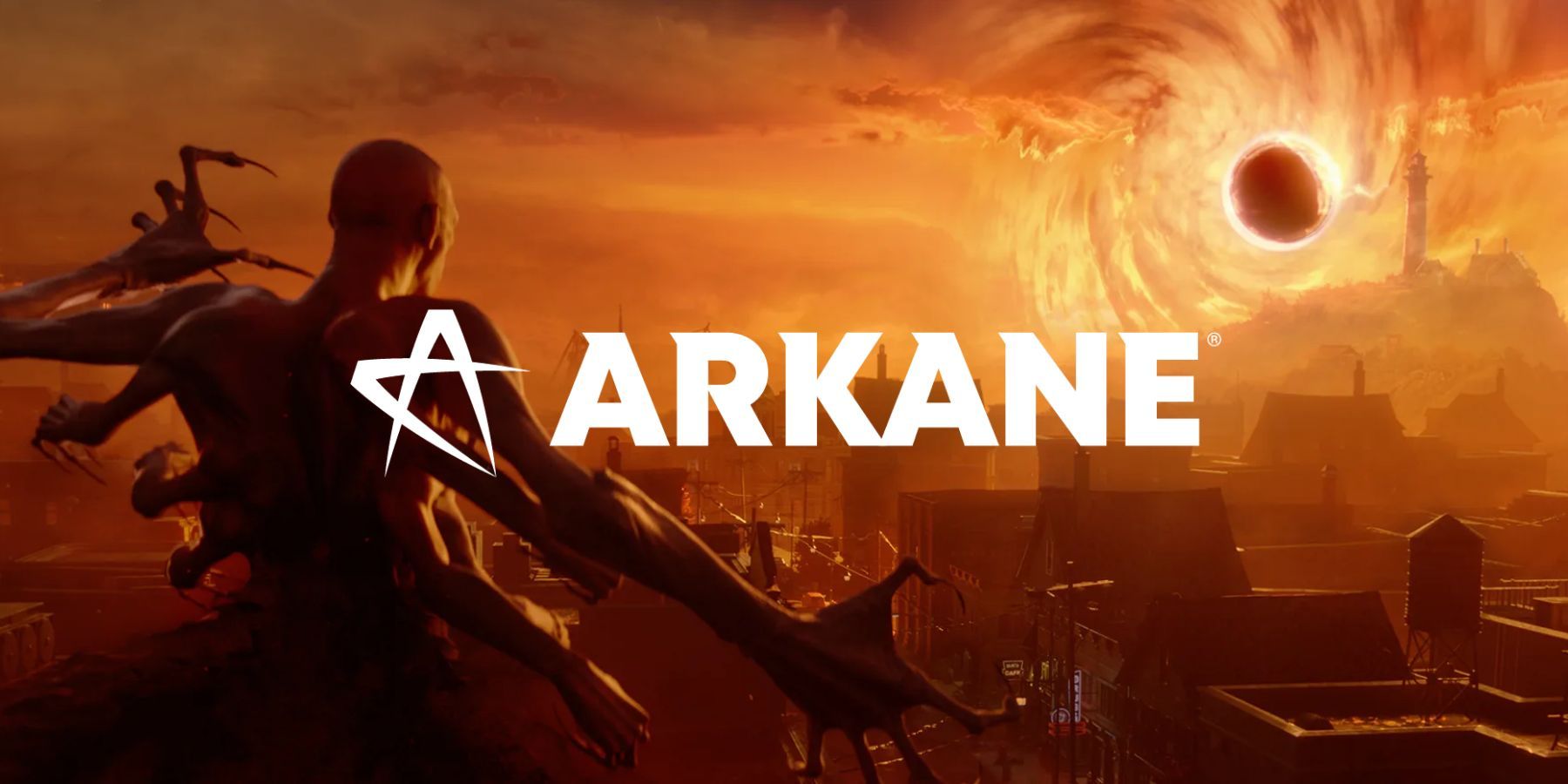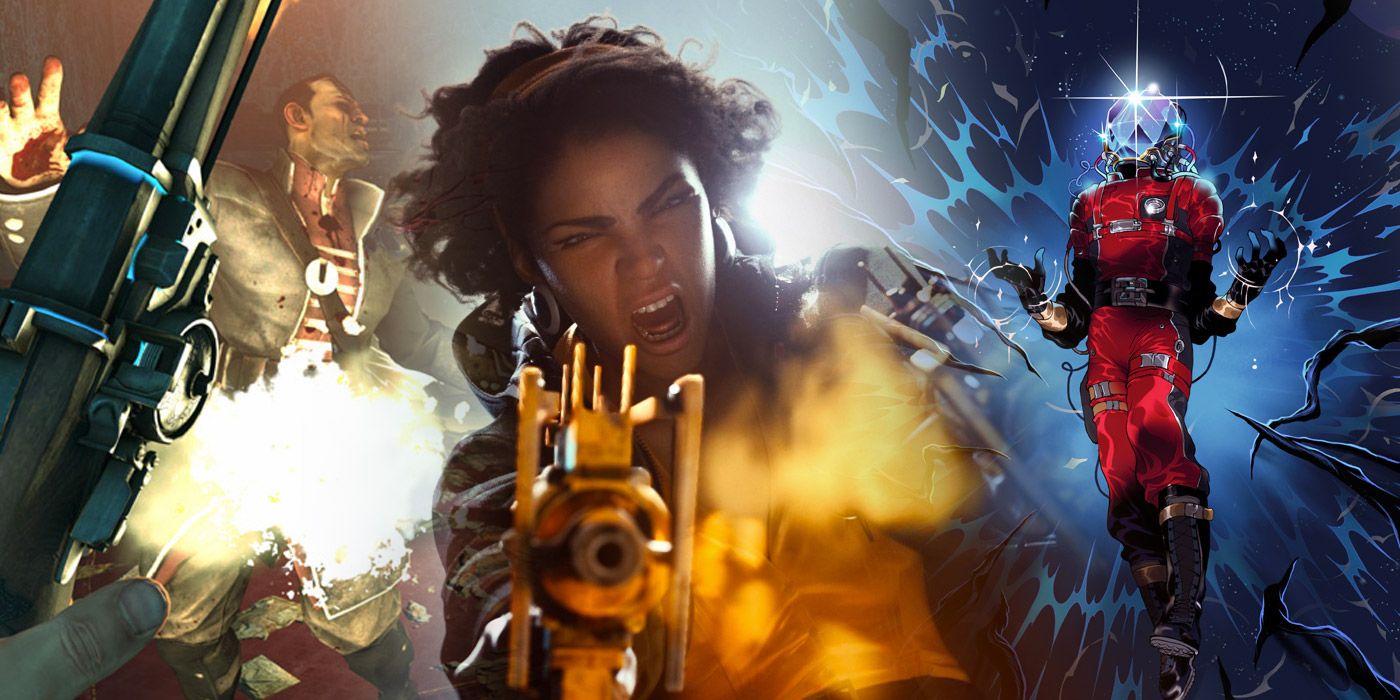Redfall is the next big title coming from Arkane Studios, set to release in 2023. The game shows all the hallmarks of Arkane's design philosophy, such as the first-person perspective and mixing fantastical abilities with other equipment. However, there's a big design difference that sets the upcoming title apart from the studio's other hits like Dishonored, Prey, and Deathloop. Unlike their largely linear structures, Redfall will be fully open-world.
The trend toward open-world games is one that doesn't seem to be going away any time soon. While some experiences benefit from the formula, it's a decision that can sometimes feels like it pads out an otherwise great game with bloated filler content. Arkane Studios is certainly aware of that risk and has ideally made the right decisions to avoid it. In which case, Redfall should play into the thoughtful and dynamic design direction that has seen Arkane put out multiple amazing titles over the past few years.
Bringing Arkane's Design Philosophy to Redfall
When looking at Arkane's biggest titles, it's clear there is DNA that ties them together at a core level. Taking notes from immersive sims like BioShock and System Shock, gameplay revolves around planning and taking calculated approaches to the task at hand by combining equipment and abilities. While this has worked in Arkane's linear games, Redfall's open world risks sacrificing part of that appeal.
Open-world games tend to have missions play out in more open spaces than settings like the streets of Dishonored's Dunwall City. That might not be great for the way iconic abilities and equipment from Arkane's games interact with their setting. Whether it's transitioning from ground to rooftop with Dishonored's Blink or Deathloop's Shift, or scaling walls with Prey's GLOO Cannon, interaction with the environment is what makes the studio's output so engaging and satisfying.
While games like Breath of the Wild show how abilities can still make for great interactivity in open worlds, this isn't the kind of interactivity that makes Arkane titles unique. Here, it's interactions with geometry and static environments in problem-solving rather than manipulating moving objects that make Arkane's level design so memorable. If Redfall wants to maintain this, it may be best for it to keep its world small, or at least have missions play out in more dense environments.
That allows for the other great feature of Arkane's design philosophy: its environmental storytelling. While its past games have great surface-level stories, these narratives are made richer by environmental design elements that allow players to infer the things not said out loud. It helps sell the immersion of these fantastical worlds. Linear gameplay allows a similarly linear discovery path, with these features appearing as their relevance arises in the main story. Hopefully, Redfall manages to maintain that across an open world.
It may sound lazy for Arkane to repeat the design of its past games in Redfall, as other developers are often criticized for carrying over too much between titles. But it's only the basic groundwork that needs to be preserved to make Redfall great in the same way as previous ventures. Arkane has shown how these tenets can give rise to refreshingly varied gameplay, all while building off the same skeleton. Whether it's the stealth gameplay of Dishonored, the survival elements of Prey, or the action-shooter feeling of Deathloop, Arkane has a winning formula for any game which will hopefully return in Redfall.
Redfall is expected to launch in 2023 for PC and Xbox Series X/S.





